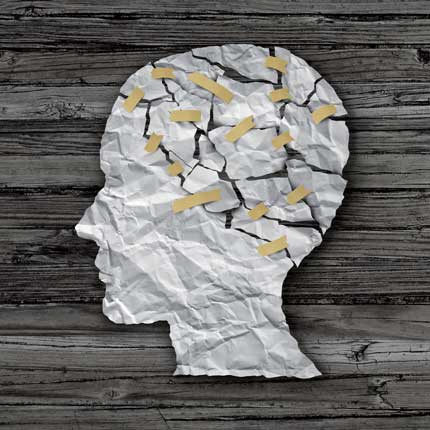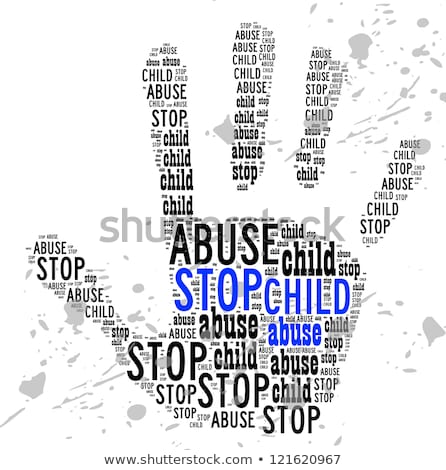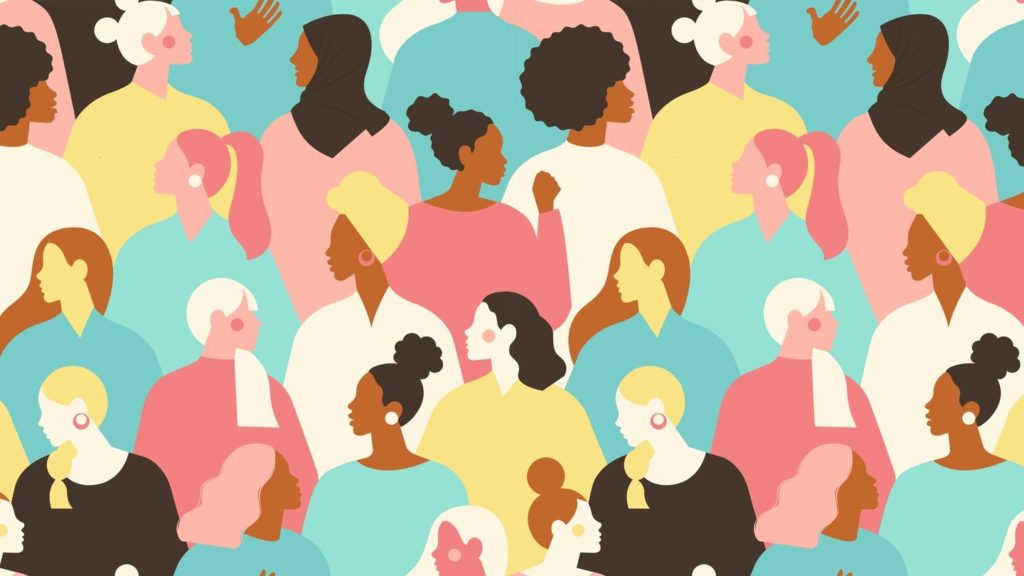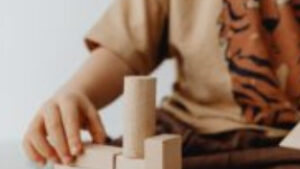Child Sexual Abuse – The Impact is Life Long
A child’s mind is a clean slate. Whatever it experiences, it engraves onto itself. Children have a different psychology as compared to that of adults and they should be treated accordingly. Among other forms of abuse that they may face, child molestation cannot be emphasised enough. It creates a long lasting impact on the mind and addressing it’s effects at the right time can help children recover quickly.
Child sexual abuse
According to a research by Collin–Vezina et al., 1 in 5 girls and 1 in 10 boys are affected by this kind of abuse globally, which makes it a threat to the well-being of all children and the larger global community.
What makes it even more dangerous is the lack of knowledge about how to deal with a child victim. While there are many physical effects of molestation, it leaves a deep scar on the psychology of the child as well.

How is sexual abuse of a child different from an adult’s?
Statistics show that only 7% to 8% of the abusers are strangers (RAINN survey). The rest are either close acquaintances or even family. This makes it harder for the parents to believe the child, creating an environment of distrust and forcing the child to not speak up at all. When children learn to bottle up their feelings after such an event, it results in lower self-esteem in their later years, and this makes it harder to trust or even be comfortable around other people as they grow up.
The way to deal with childhood trauma is slightly different from that of adult trauma. Children have limited understanding of the world which makes it difficult for them to process their experiences, feelings and emotions. If any child shows clear signs of abuse, they deserve to be able to understand what has happened to them. They should be able to talk it out, ask questions if they want to and also be counselled on how such an incident is never due to their mistake. Many kids do not report such cases to their parents or guardians because they are either intimidated by the abuser or made to believe that everything is their fault, which contributes to guilt and anger.
To prevent this, parents need to set boundaries for every person the child meets, and they should teach the child about the difference between good vs bad touch and appropriate vs inappropriate. Even after all the preventive measures, it is possible that a child will eventually experience some form of sexual abuse.

Behavioural changes in children
Many child victims are too young to identify abuse. That does not necessarily mean that they are not mentally affected by it. To identify and understand the psychological effects of such abuse, parents should look out for changes in behaviour because there will probably be cues in the body language or the way the child engages in their daily life. Many children may experience depression, anxiety, fear of certain people, loss of sleep and / or appetite. They may also exhibit a subtle change in conversation by their choice of words, such as increased usage of mature words.
If these signs are ignored, they will grow into more intense problems and might even give birth to other issues. When an abused child is left to deal with their own trauma, they can fall into PTSD (Post-traumatic stress disorder). They may also develop certain other forms of anxiety, and can fall into the vicious loops of substance abuse or self-harm as they grow up.
How to help?
Child abuse needs to be dealt with seriously so as to not ruin the victims’ entire life. Children should be given guidance and counselling, some times by a mental health professional if needed, so that they learn to live with and move on from the effects of their trauma. The society also needs to encourage victims to talk about their experiences. Parents should report the crime to law enforcement agencies as soon as possible so that the perpetrators can be punished.
Breaking the taboo surrounding this societal problem is the most important step towards its eradication from society. Therefore, while we need to take measures for prevention, addressing the effects of such a trauma is also necessary for better mental health and quick healing of the victims.







